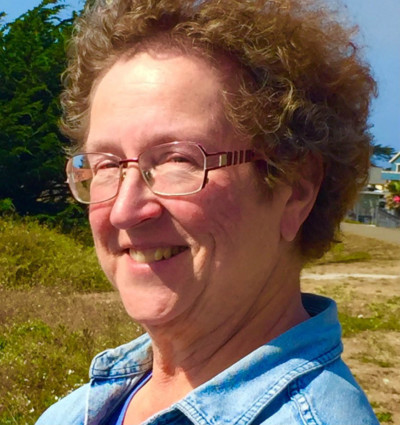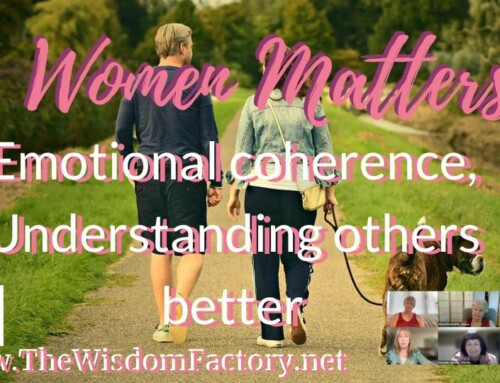
SEASON 6 EPISODE 9
November 6th 2019
Death doesn’t exist – with Karen Voorhees

HEIDI´S INTRO
We all, everyone of us, has the experience that someone in their family or community died. So how can we dare to say that death doesn’t exist? People die and then they are gone, we don’t see them around us any more and no-one ever came back. That’s what we are taught to think inside our predominant materialist worldview. But what if it is wrong?
What does “death” mean, and what does “life” mean? Is it possible that our life continues in some way even when we have done our last breath and our body is buried? All spiritual traditions talk about eternal life or some continuum after the physical death. People who were dead and then brought back into life report about their death experience – or near death experience, depending how death is defined. So what shall we believe?
Science defines death for its purposes – to recover organs for transplantation the body is declared “dead” despite a beating heart, which not long ago was considered a sign of being alive. The body, once “really” dead is declaring the absolute end of a person’s life. This is the logical consequence of a worldview which recognises one body alone, the physical, and ignore all the others which are known for thousands of years and studied by many spiritual traditions.
Ken Wilber talks about the “right quadrants absolutism”. People who can see the world only from the outside perspective deny interiority because it is not measurable with materialist measurement systems. The quick conclusion: what we cannot measure doesn’t exist – despite the experience of millions and millions of people shows clearly that the immeasurable internal dimension exist and is very important for our wellbeing and balance in life.
So why can we say that death doesn’t exist? If we believe in an afterlife, in re-incarnation, in the existence of a transcendent soul which last even if the body has died, life, or better “existence” continues. It just transcends into a different form. Science denies this possibility, but it cannot prove that it doesn’t exist. Does that really mean that we are wrong in believing? Or does it just mean that science believes as well, only the opposite idea? Only because the scientific method of exteriors doesn’t work on the interiors, there is no justification to doubt the phenomena, but merely to change the scientific tools for the inquiry.
In our conversation, Karen Voorhees develops her ideas from her background in spiritual practice, using the integral model for her considerations. We also shared some stories about life and death and how we, personally, deal with the question. It was a rich and fruitful conversation on a topic which so many of us try to avoid – which is not a good idea, as seen in an example given by Karen.
ABOUT KAREN VOORHEES
More info on this page






Leave A Comment